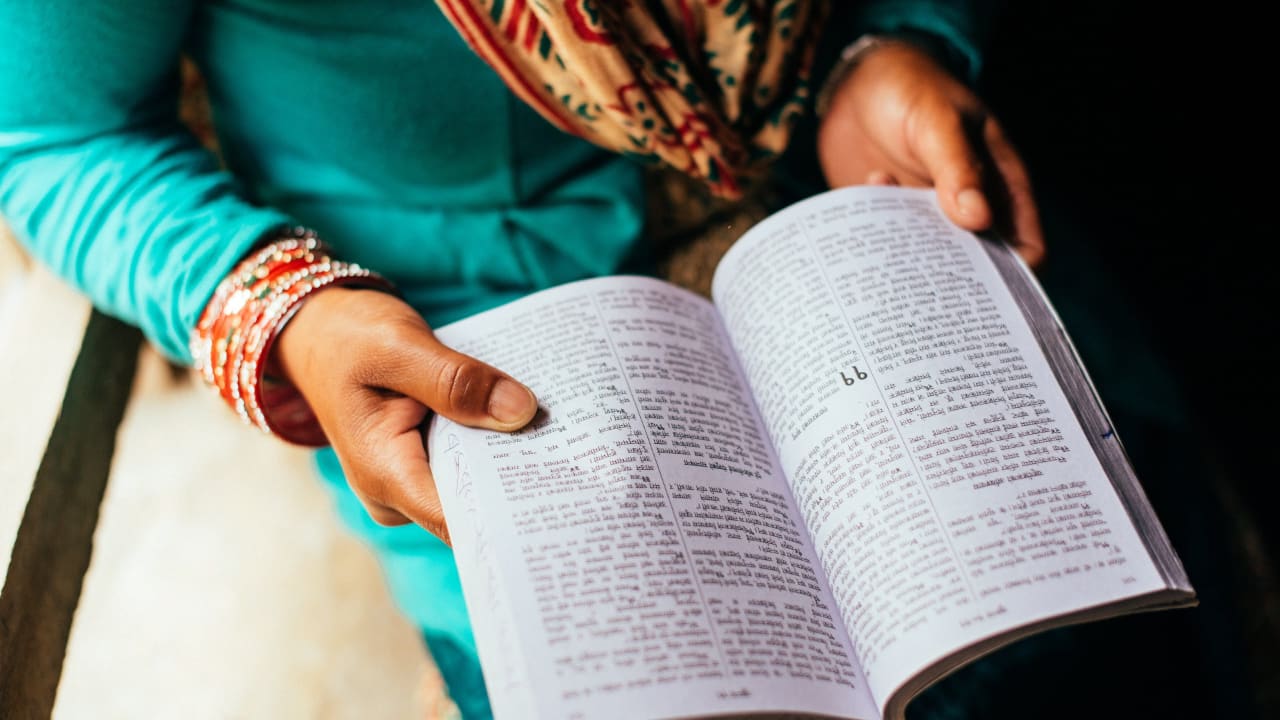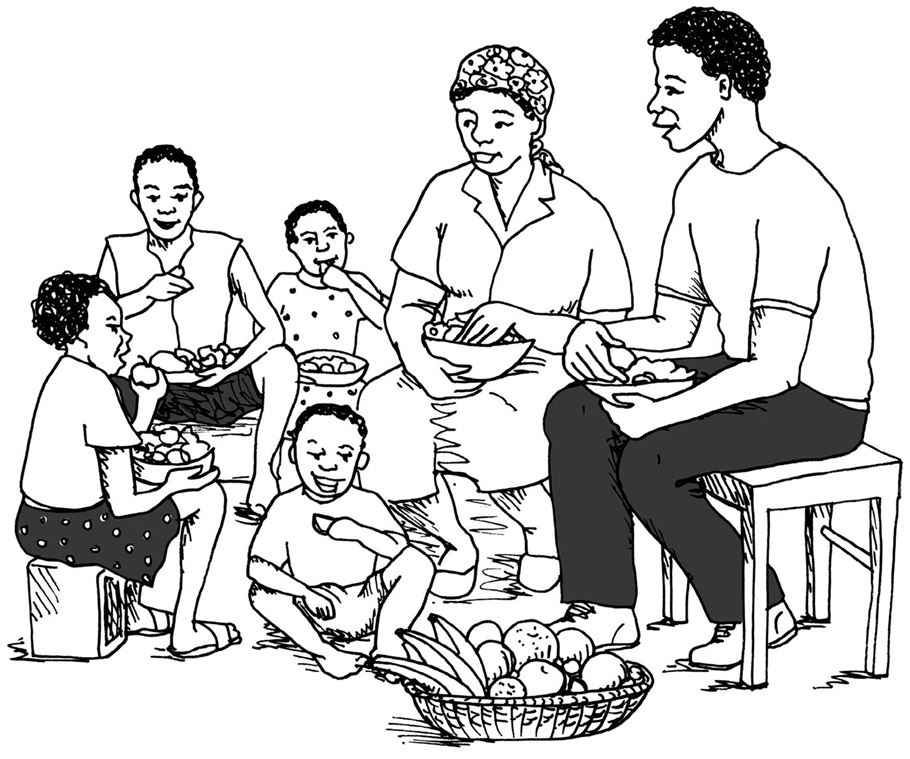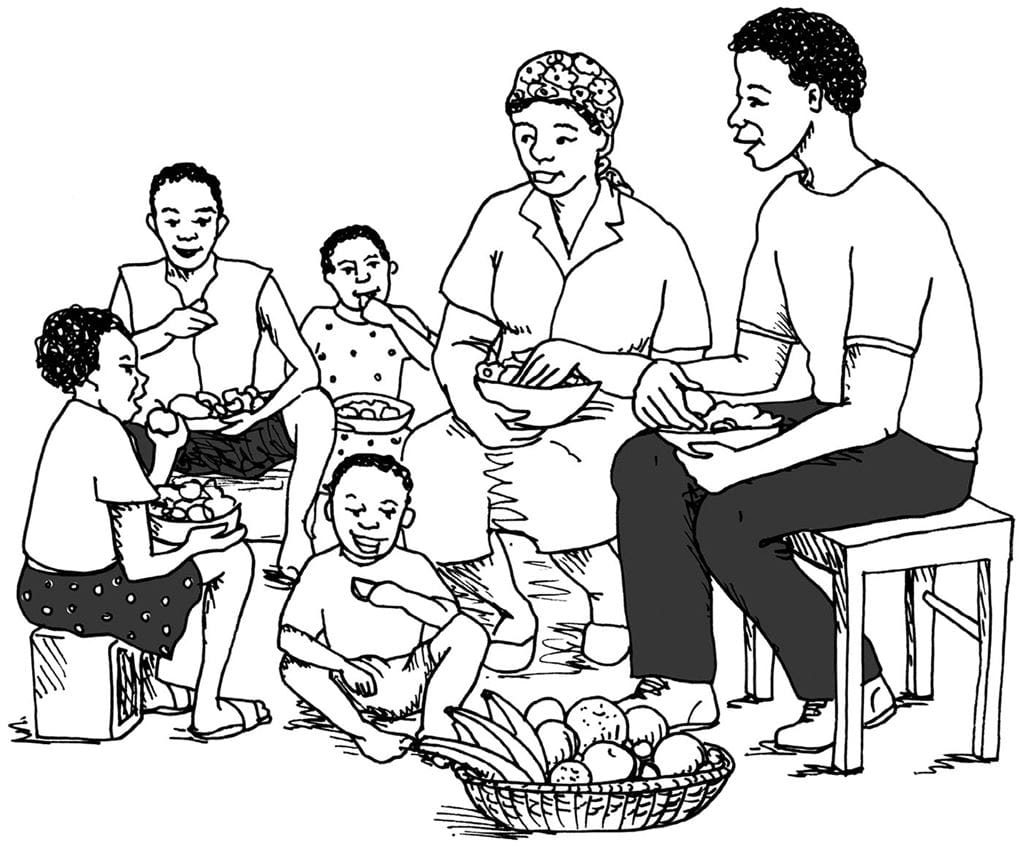Read Leviticus 25:1–54
Israel was an agricultural society, so land was seen as the main way of producing wealth. It is clear from this Bible passage that at first land was divided more or less equally between the tribes and families. This is something that God wanted to continue so that every family could earn a decent living, which is why it was written into law in the form of the jubilee year. In this jubilee year (which was to take place every 50 years), several things were required of the Israelites:
- resting the land
- cancelling debts
- dealing fairly with the buying and selling of property
- allowing the poor to buy back land
- freeing bonded labourers and slaves.
This passage talks about justice in a way that does not just see people giving ‘handouts’ or charity to those less fortunate. It is actually an example of God putting into place a structure that would promote living justly in community.
Treating others justly
This Bible passage also presents a serious challenge to the usual understanding of money and possessions in capitalist societies, as God is understood as the true owner of the land (verses 2, 23). God is the redeemer who brought the people out of the injustice of slavery and the one they were to follow in acting justly to each other (verses 39–43). They were not to practise jubilee simply because it was a command, but as a response to a just and loving God who expected them to follow his example. Similarly, we should treat others justly not only because it is commanded (and it is!), but as our response to that same just, loving God.
Restored relationships
The year of jubilee was to be announced with a trumpet blast, as on the Day of Atonement (verse 9) – and some scholars believe that this is not a coincidence. The Day of Atonement was about the restoration of a right relationship with God. Jubilee focused on the restoration of right relationships with others and nature. Of course, Jesus himself refers to the year of jubilee in Luke 4:17–19, which in turn is linked to both Isaiah 61 and Leviticus 25.
Despite the fact that we cannot simply apply a scripture like this directly to our society today, this passage presents a radically different picture of the way God’s people were supposed to live and care for each other. In my own context of South Africa, this is a very challenging scripture, as ours is one of the most unequal countries in the world. This is a result of apartheid, which reduced many people of colour to virtual slaves in their own land. The passage presents a challenge to the South African church to seek restorative justice for those who were stripped of both land and dignity, and not only to respond with charity ‘handouts’. It also challenges Christians across the world to live and act justly towards their neighbour, based on the understanding that to live justly is a central part of the gospel message.
- How are poor or marginalised groups treated unfairly because of unjust laws or structures in your context?
- Read verses 14–17. How do you treat people who have less materially than you?
- What does the link between a right relationship with God and a right relationship with others and nature tell us about the message of the gospel? (See also Isaiah 61 and Luke 4:17–19.)
This Bible study was adapted from Tearfund’s publication Jubilee: 50 Bible studies on poverty and justice.











